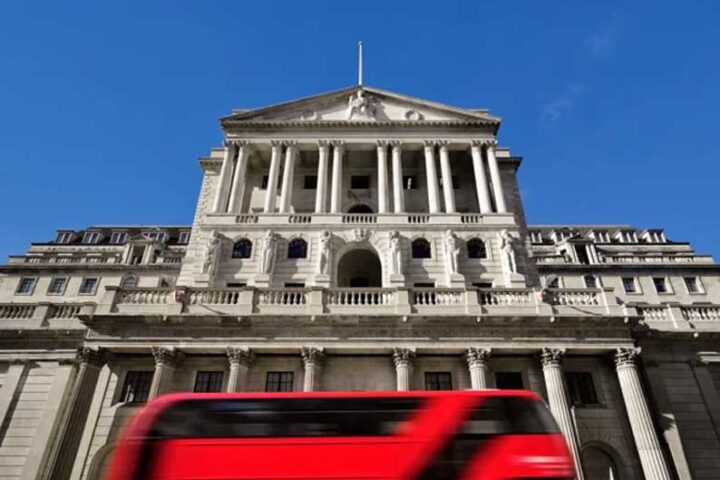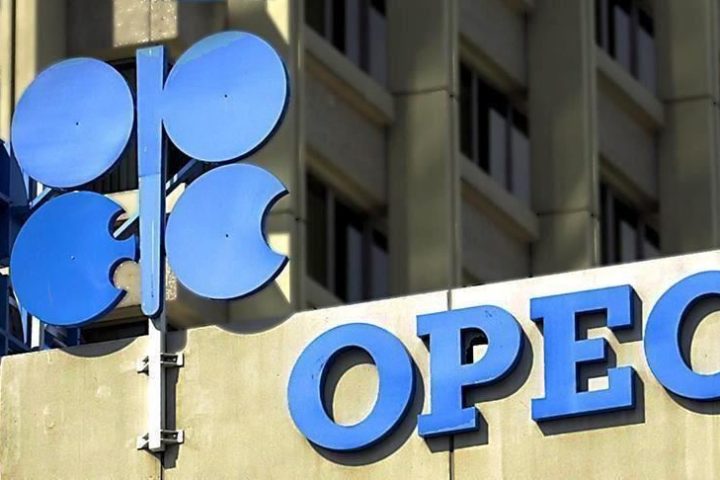Oil prices are trading down because of disappointing economic data, as traders lose hope that the Fed will lower interest rates anytime soon, as a well as due to a rise in US crude oil inventories.
The sticky inflation means that hopes of lower interest rates triggering economic growth—and a subsequent rise in oil demand—are waning.
This, despite the fact that OPEC’s crude oil production fell in April by 114,000 barrels, while OPEC+ overproducing countries, such as Iraq, have presented plans for cutting more oil production.
Standard Chartered has forecast that global oil demand will pick up strongly in May and June, exceeding 103 mln b/d for the first time in May.
At the same time, the World Bank is warning that the oil price could exceed $100/barrel if the Middle East conflict escalates further.
The ING Group forecasts that the oil price is still expected to average about $90/b in 2024.
Standard Chartered anticipates a significant rise in global oil demand in May and June, surpassing 103 million barrels/day for the first time. The focus of the OPEC ministerial meeting in six weeks will be on demand worries and the overall economic condition.
Such increase in cost of crude could drive inflation up and force central banks to keep interest rates high.
US total oil exports (crude and refined products, on a gross basis) surged last month pass the 12 million barrels/day level.
Galp Energia estimates in-place hydrocarbons from its Mopane discovery in the Orange Basin offshore Namibia at 10 bln boe or higher. If confirmed, this would make Mopane one of the world’s largest offshore finds.
Aramco plans to convert 4mn barrels a day of its oil production — approximately 40% of its current output — into petrochemicals by 2035.
OPEC forecasts that global oil demand is set to increase to 116 million b/d in 2045, 16 mln higher than 2022 – from 99.6 mln b/d in 2022 to 116 mln b/d in 2045.
It also forecasts that the refined products slate will change in the long-term, with more transport fuels and petrochemical feedstocks.
The IEA says global demand will peak this decade, but not many others see a peak or even plateau this decade. Most credible analysts see continued demand growth.
OPEC’s secretary general Haitham Al Ghais challenged reports predicting demise of oil demand.
He said that the problem with this is that the rate of investment is slowing down while oil demand isn’t, which is why OPEC has been warning about underinvestment so insistently.
Soon after the US approved new military aid, Ukraine resumed drone attacks on Russian refineries, which could affect diesel prices.
At the same time, Russia continues to attack Ukraine’s gas storage facilities, making their use by Europe to store gas difficult.
On the corporate side, following in Shell’s footpath, Total is considering switching its listing from Paris to New York.
Climate issues need major rethink
JP Morgan is warning that there is a need for a reality check on phasing out fossil fuels. It says that high interest rates, inflation and global conflict have dented the outlook for the global energy transition. The level of investment required in clean energy is likely to put a brake on government ambitions.
It said that, “while the target to net zero is still some time away, we have to face up to the reality that the variables have changed,” warning that if energy prices rise strongly, there will be a risk of social unrest.
There are warnings that narrow approaches to energy transition run the risk of curtailing existing energy sources, both oil and gas, before viable alternatives are sufficiently scaled and integrated.
High interest rates are squeezing investment in renewables and green tech. Their high capital intensity and low returns mean future projects will be at risk.
Wood Mackenzie is warning that energy transition isn’t moving fast enough. The desired low-carbon energy system that the world wants, and that would eventually enhance national energy security, will take years to roll out. It will also be expensive.
The G7 pact to stop using coal by 2035 sets up the next battle over gas supplies. But it also gave leeway to countries reliant on coal.
Record power demand for cooling in India is met by revving up its coal mines.
Dr Charles Ellinas is Senior Fellow at the Global Energy Center, Atlantic Council
X: @CharlesEllinas










